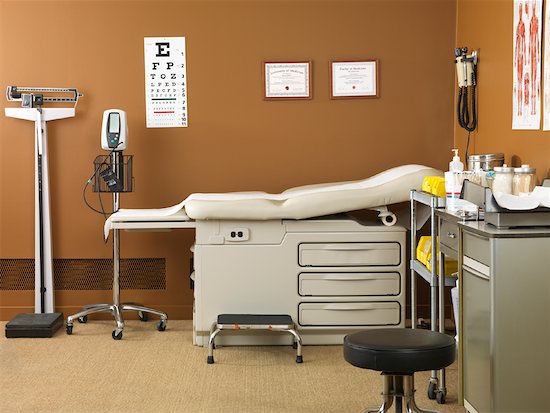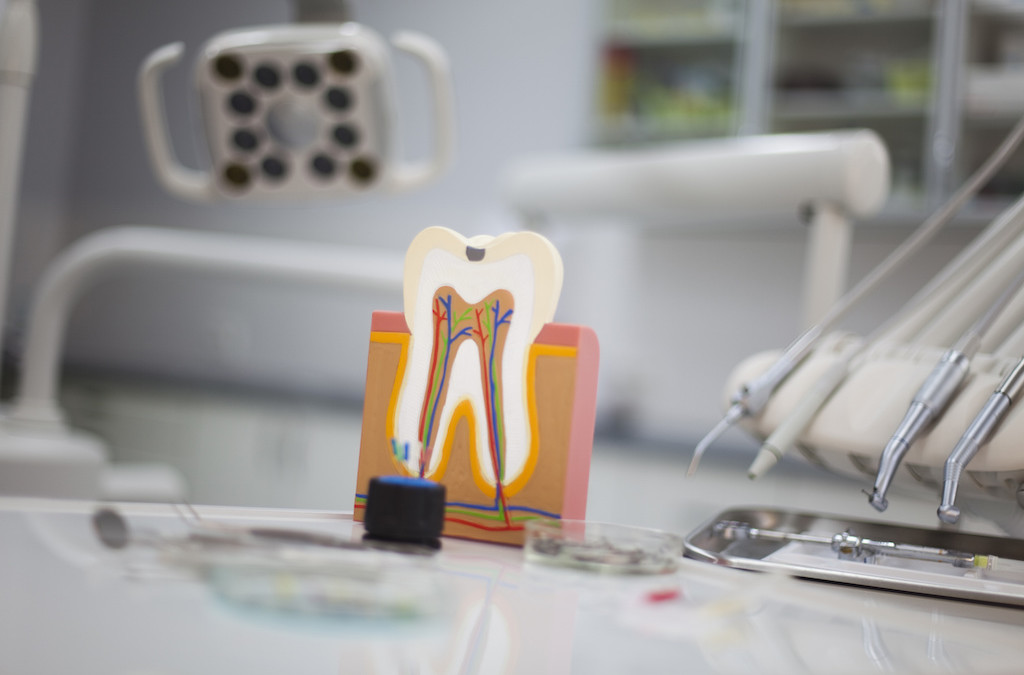


Non-Verbal Cues to be Aware of for Your Medical, Dental, Pharmacy or PA School Interview Part 2
Look No Further. Get Started Today. Call: 888-839-9997 e-mail: [email protected] 20 Minutes Free Consultation By Sanam Darougar Farshidi In the first part of this entry, we discussed how the importance of confidence and appearing low-maintenance as important non-verbal communication tactics in the health professional school interview. Here we will consider other factors, including how your appearance can affect the impression you leave on the medical school, dental school, pharmacy school, or PA school admissions committee: Dress the Part The costume designer Edith Head once famously said, “You can have anything you want in life if you dress for it”. Although things like clothing and accessories, makeup, and hair styles seem superfluous to many, the fact remains that our appearance speaks volumes to everyone we encounter in our lives. Studies have shown that people who take the time to take care of their personal appearance are perceived to be smarter and more confident than those who don’t. While this may not seem like a fair guideline for evaluating a candidate’s capabilities, accepting this fact will give you a competitive edge. A clean, freshly pressed suit, and lightly worn shoes are the foundation to looking sharp for your interview. Try to refrain from wearing loud colors that might be distracting. And while you want to appear modern, you’ll want to avoid wearing clothing that is too trendy or fashion forward. For women, natural or light makeup can accentuate your best features and make you feel your best, but too much makeup can be distracting and lead interviewers to question how serious you are about a career in healthcare. Similarly, while...
Non-Verbal Cues to be Aware of for Your Medical, Dental, Pharmacy or PA School Interview Part 1
Look No Further. Get Started Today. Call: 888-839-9997 e-mail: [email protected] 20 Minutes Free Consultation By Sanam Darougar Farshidi While most applicants spend a significant amount of time thinking about what they are going to say in a heath professional school interview, less attention is given to the non-verbal cues that affect your ability to impress the admissions committee. In the next two entries, we will discuss some of the important non-verbal cues that can help you ace your interview whether you are applying to medical school, PA school, dental school, or pharmacy school. Lets begin by considering how your non-verbal communication can help you come across as confident: Exuding Confidence It goes without saying that confidence is key. While an interview to determine your candidacy for medical school or PA school may be a tense experience, there are ways you can exude the confidence needed to impress your interviewers. After all, how can you be trusted with managing patient safety and making split decisions about people’s lives, if you can’t even handle the stress of the initial interview? Being confident is an essential trait in medical professionals, so emitting confidence is a must in your interview for any health professional school. Though the tips shared above are all ways you can appear more confident, other non-verbal cues can also transmit your level of confidence or lack thereof: Consider non-verbal verbals – Non-verbal communicative tactics include how you speak, intonation, and voice nuances. In order to project confidence when you speak, be concise in your sentences and refrain from over sharing. Keep your tone of voice moderate, ensuring your...
Adopting Good Body Language in the Medical, Dental, Pharmacy, or PA School Interview
Look No Further. Get Started Today. Call: 888-839-9997 e-mail: [email protected] 20 Minutes Free Consultation By Sanam Darougar Farshidi You’ve made it to the medical school, dental school, pharmacy school or PA school interview, and you’ve spent countless hours preparing for what you want to say and how you want to say it. You’ve carefully assessed every possible question you might be asked, and crafted answers that are sure to impress the interviewers. But did you know that only a small percentage of meaning in communication is in the words that are spoken, while the majority of meaning is derived from non-verbal factors? This means that people size us up and make decisions about who we are before we even speak. Communication is heavily weighted on non-verbal elements especially body language. As a result, it’s vital that we are self aware of what our body is doing in our interactions, especially in something as important as a health professional school interview like medical school or PA school. What You Need to Know About Body Language Body movement is the first thing the interviewer will notice about you, and the last thing they remember after you’ve left. In fact, body language is so important in communication, that each tip following this one is highly influenced by it because elements of body communication are woven into each non-verbal cue. There are far too many body language tips to be aware of in interpersonal interactions, but for the purposes of this list, we’ve honed in on the few key essentials: Posture – When the interviewer walks through the door to welcome you...
